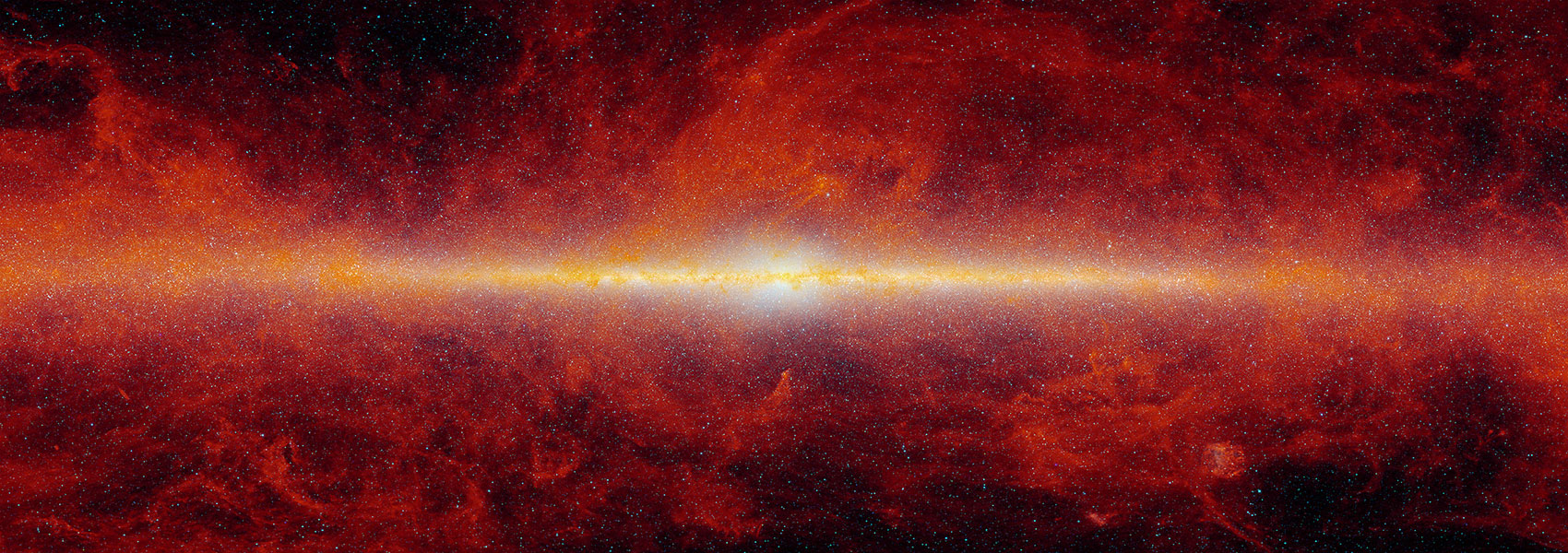
Science Fellowships
NASA Hubble Fellowship Program
The NASA Hubble Fellowship Program (NHFP) supports outstanding postdoctoral scientists to pursue independent research in any area of NASA Astrophysics, using theory, observation, experimentation, or instrumental development.
The new NHFP preserves the legacy of NASA’s previous postdoctoral fellowship programs; once selected, fellows are named to one of three sub-categories corresponding to NASA’s “big questions:”
How does the Universe work? – Einstein Fellows
How did we get here? – Hubble Fellows
Are we alone? – Sagan Fellows
The NHFP is administered for NASA by the Space Telescope Science Institute (STScI), in collaboration with the NASA Exoplanet Science Institute (NExScI) at the California Institute of Technology and the Chandra X-ray Center at the Smithsonian Astrophysical Observatory. The NExScI Deputy Director continues to serve as the mentor for the current and the new Sagan Fellows. In addition, the NHFP is using NExScI’s proposal submission, management, and grading software.
To learn more, go to https://nhfp.stsci.edu/
IPAC Visiting Graduate Fellowship
IPAC offers six-month graduate student fellowships that allow students from other U.S. institutions to visit IPAC on the Caltech campus and perform astronomical research in close association with an IPAC scientist in the scientific areas of exoplanets, galactic and extra-galactic studies, stellar formation, cosmology, and more. Eligible applicants are expected to have completed preliminary course work in their graduate program and be available for research during the period of the award. Funding from IPAC will be provided for a six-month period via monthly stipends. Multiple students are expected to be accepted each year, subject to the availability of funding. Students are expected to be at IPAC during the duration of the Fellowship, nominally February to August, with some flexibility on the starting and ending dates.
For more information please contact the program coordinator, Dr. Jessie Christiansen, christia [at] ipac.caltech.edu.
Details about applying, deadline dates and research projects are described here: http://www.ipac.caltech.edu/page/graduate-fellowship
More information on IPAC research and Caltech can be found at:
IPAC Research: http://www.ipac.caltech.edu/science
Caltech: http://www.caltech.edu


